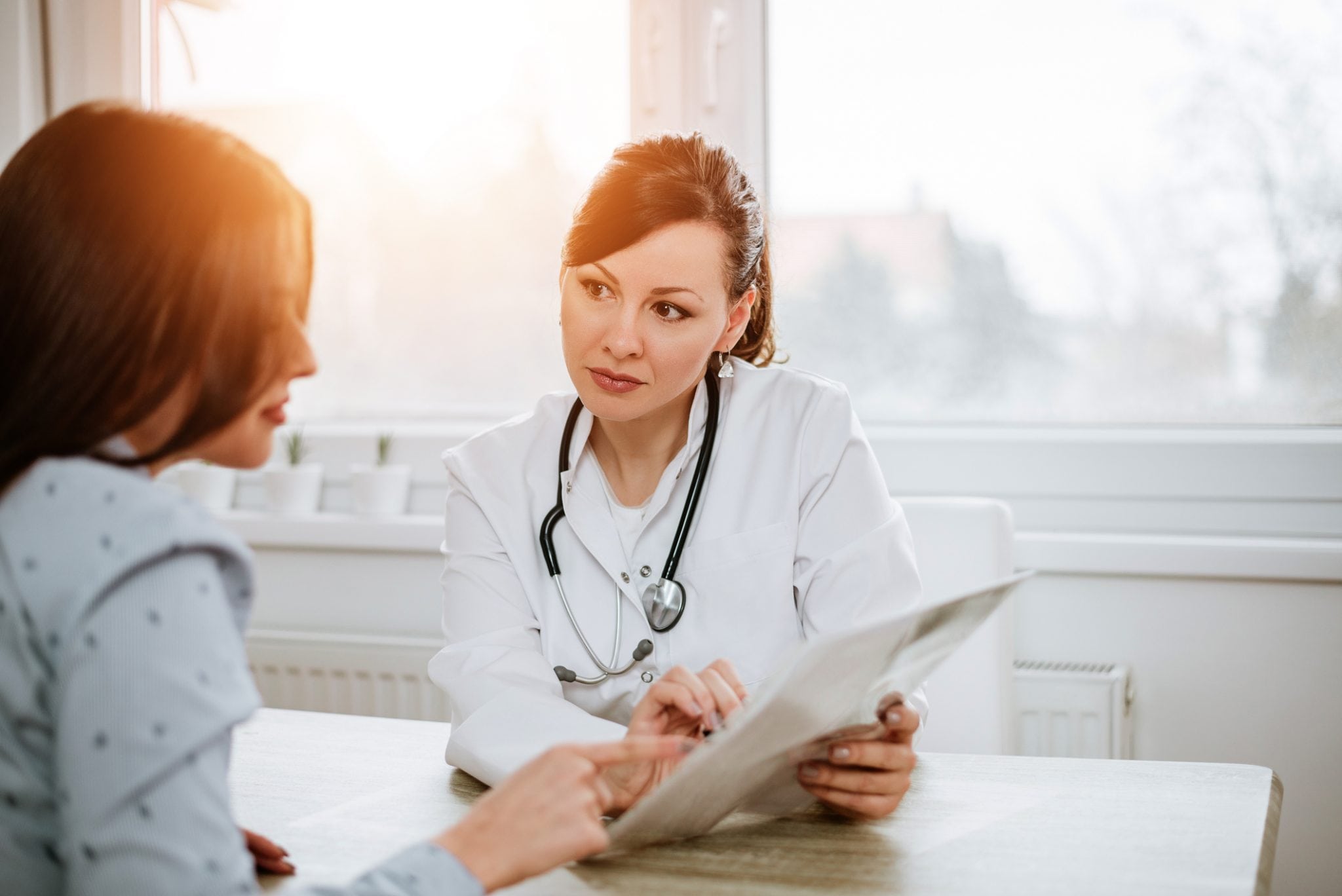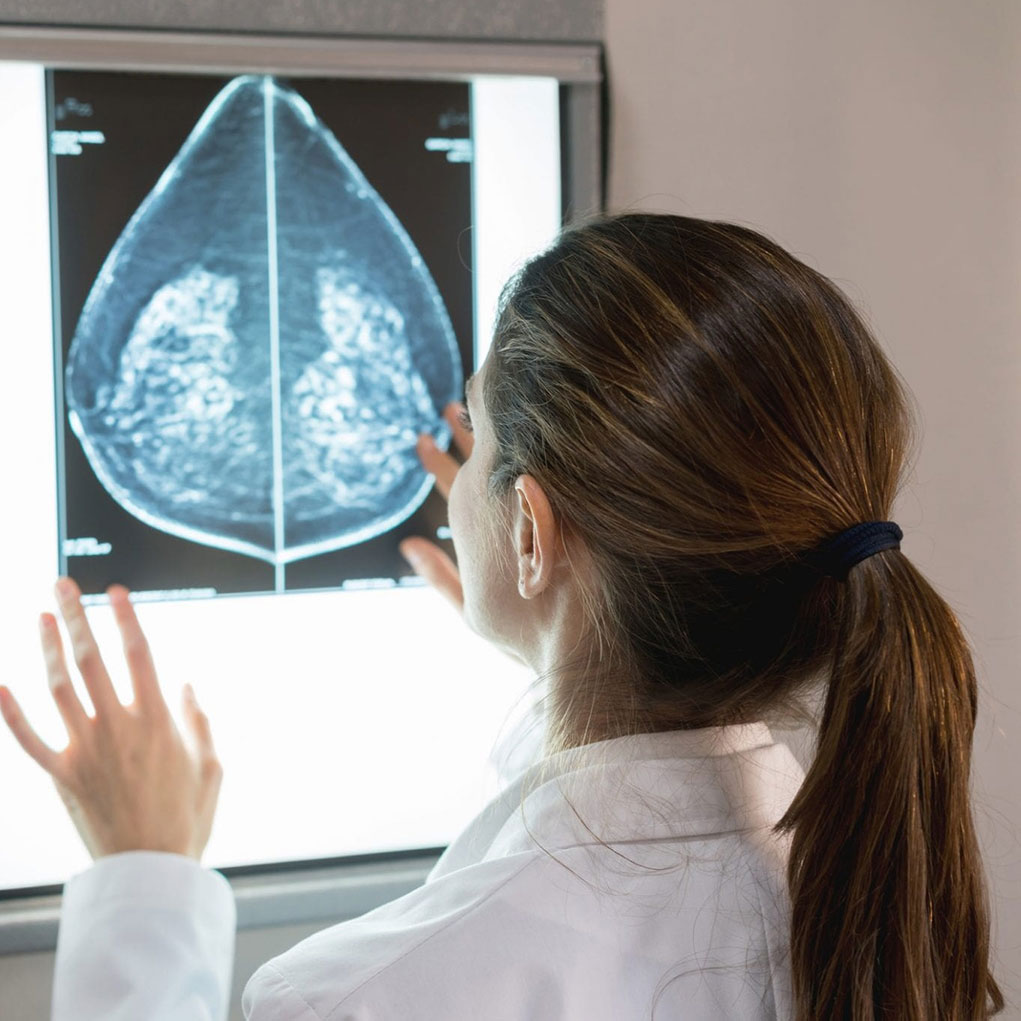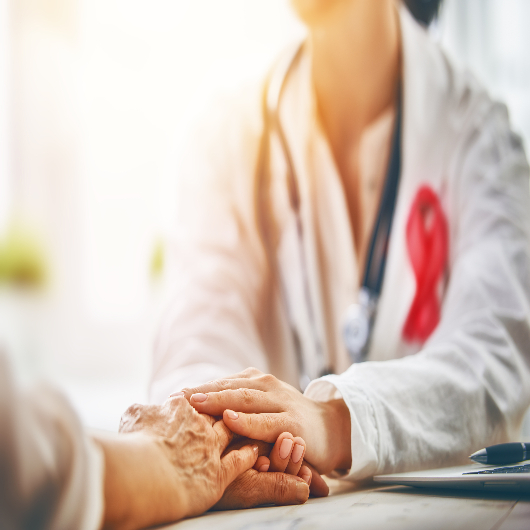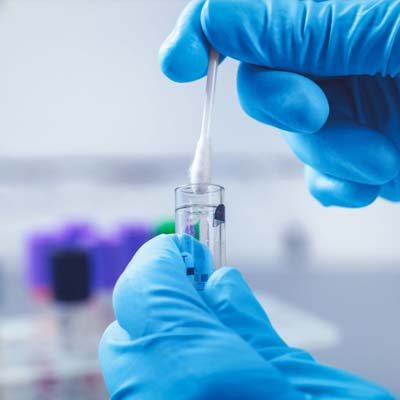3 Myths About Breast Cancer, Debunked

October 28, 2021
Breast surgeon Yolanda Tammaro, M.D., knows her patients may be running the gamut of emotions when they step into her office for the first time.
The most prevalent and natural mindset among her new patients, Dr. Tammaro says, is also the most important one to dispel: Fear.
“It’s completely understandable and natural to be afraid of breast cancer. The problem arises when you start making important health decisions based on those fears – instead of on facts,” Dr. Tammaro says.
“And, the most important way to combat that fear is through education. We’ve all heard it before, but it couldn’t be truer: Knowledge is power. So, empower yourself with the correct information from sources you can trust – American Cancer Society, Susan G. Komen – to help you sort out the facts from the myths, and the information from the misinformation.”
MYTH ONE: Breast cancer doesn’t run in my family, so I’m not at risk
“This is one of the most common examples of misinformation I hear all too often from new patients: ‘Breast cancer doesn’t run in my family, so I’m probably safe.’ Wrong,” Dr. Tammaro says. “The fact is, the majority of breast cancer is not hereditary.”
According to Tammaro, “just being a woman puts you at risk,” and instead of focusing on genetics, women should be proactive when it comes to risk factors they can control.
MYTH TWO: Men do not get breast cancer; it affects women only
Although it is less likely for a man to develop breast cancer than a woman, it does happen.
Male breast cancer is cancer that develops in the breast tissue of men. Cancer cells can grow in these tissues and spread throughout the body. About 1 out of every 100 breast cancers diagnosed in the United States is found in a man. While this percentage is still small, men should be aware of the signs and symptoms of breast cancer in men.
MYTH THREE: A lump in my breast means I have cancer
While the majority of breast lumps aren’t cancer, it’s important to have any lumps, changes or abnormalities looked at by a doctor. Being aware and proactive when it comes to breast health includes diligence and commitment to self-exams and regular mammograms. Although mammograms don’t prevent breast cancer, they do save lives by detecting breast cancer early, when it’s most treatable.
How to reduce your risk of breast cancer
- Limit alcohol consumption
- Maintain a healthy weight
- Get enough exercise
- Quit smoking, if you’re smoking
- Breastfeed
- Limit postmenopausal hormone therapy
“Remember, as women we’re all at risk, and none of us face it alone. We share the same worries – and the same fears,” says Dr. Tammaro. “We can only cure fear with understanding, education and awareness. And, once we eliminate fear, we clear the way for hope.”
Next Steps & Resources:
- Meet our source: Yolanda R Tammaro, M.D.
- To make an appointment with Dr. Tammaro or a physician near you, call 800-822-8905 or visit our website
- Learn more about breast cancer care at Hackensack Meridian Health
The material provided through Health Hub is intended to be used as general information only and should not replace the advice of your physician. Always consult your physician for individual care.






